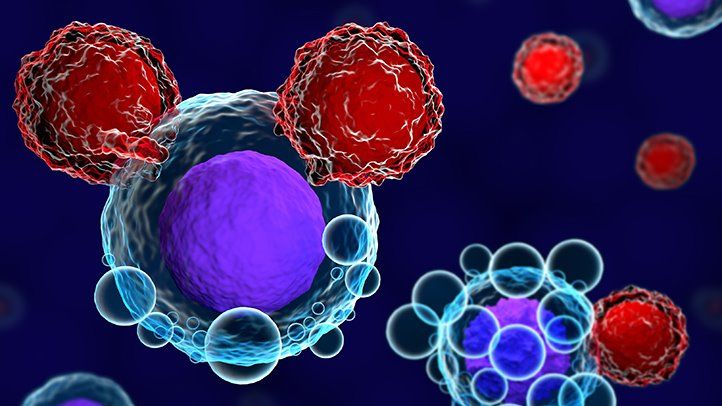Francisco Conesa Buendía, Assistant at shared on LinkedIn:
“CRISPR-Optimized CAR T-Cell Therapy: shaping and enhancing the framework of new immunotherapies
As CAR T-cell therapy progresses in cancer treatment, challenges with efficacy, safety, and accessibility persist. Integrating CRISPR gene-editing has brought transformative advancements, making CAR T-cells more effective, safer, and potentially universal. Here’s how CRISPR is shaping the future of CAR T-cell therapy:
Precision and Multi-Gene Targeting with CRISPR
What’s New? CRISPR’s precise multi-gene editing has revolutionized CAR T-cell design:
– Knockouts like PD-1 disrupt exhaustion pathways, allowing CAR T-cells to maintain robust responses.
– Site-Specific Insertions like placing CAR genes in the TRAC locus improve CAR expression and minimize unintended immune reactions.
Advanced Modulation Tools: CRISPR tools like CRISPR interference (CRISPRi) and activation (CRISPRa) enable fine control over gene expression, targeting essential genes to modulate CAR T-cell responses and reduce side effects.
CRISPR Screening for Target Discovery
High-Throughput Screening: CRISPR screens allow us to identify gene targets in CAR T-cells and tumors, helping optimize cancer treatment. This approach helps us uncover:
– Immune Evasion Mechanisms: Screens reveal how tumors resist CAR T-cells, guiding ways to bypass these defenses.
– Tumor Adaptability: Identifying genes that help CAR T-cells adapt to the tumor microenvironment, CRISPR screening supports advances in tackling solid tumors.
Universal CAR T-Cells (UCAR T)
Breaking Barriers with Off-the-Shelf CAR T-Cells: Traditional CAR T therapy is costly, using a patient’s own cells. CRISPR allows universal CAR T-cells by:
– T-Cell Receptor Knockout: Removing TCR prevents graft-versus-host disease (GVHD), allowing CAR T-cells from healthy donors to treat multiple patients.
– Immunocompatibility Engineering: Universal CAR T-cells make therapy more accessible and ideal for time-sensitive treatments.
CRISPR’s Impact in CAR T-Cell Therapy
Boosted Efficacy: CRISPR enables CAR T-cells to overcome immune checkpoints and sustain stronger responses.
Enhanced Safety: Targeted editing reduces off-target effects and mitigates toxicity, managing side effects like cytokine release syndrome (CRS) and immune neurotoxicity (ICANS).
Scalable and Accessible Solutions: Universal CAR T-cells streamline production, offering cost-effective, timely therapy solutions for more patients.
Future Outlook
With CRISPR’s flexibility, CAR T-cell therapy is set to become safer, adaptable, and effective against solid tumors. Making CAR T-cell therapy an accessible, off-the-shelf treatment could be a game-changer in oncology.”


